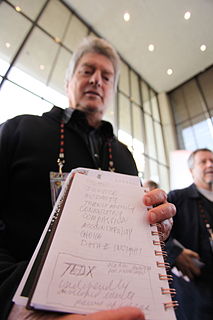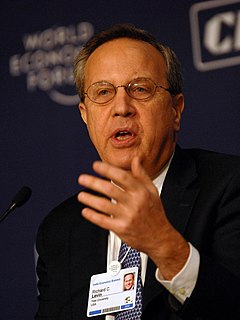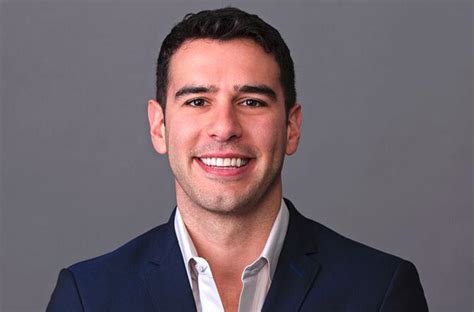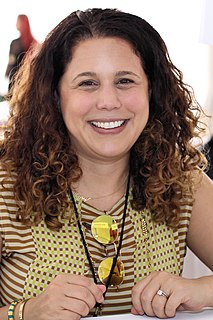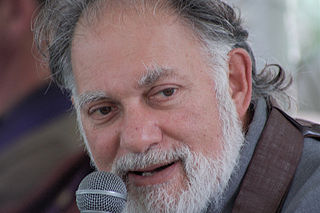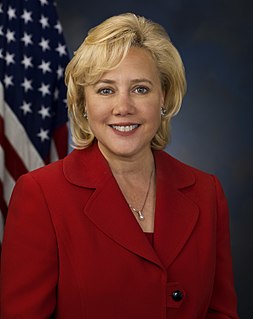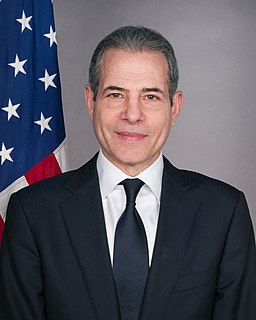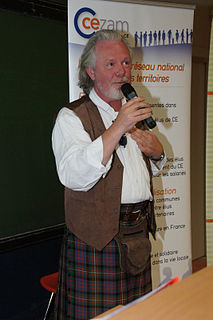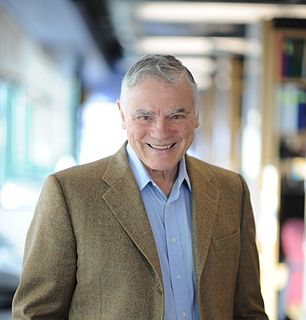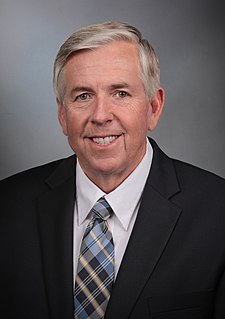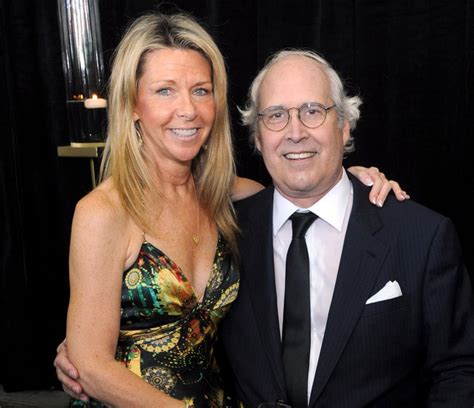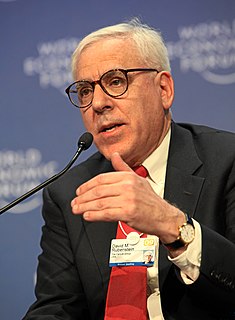Top 57 Nonprofits Quotes & Sayings
Explore popular Nonprofits quotes.
Last updated on November 26, 2024.
I was crashing with a boyfriend on his couch in Fort Green. At first, I was temping - insurance agencies, nonprofits - and then, in between temping, I was going on job interviews, and I could name 12 publications, some of which no longer exist, that didn't even call me back or interviewed me and had no interest.
I honor businesses for what they do, I honor nonprofits for what they do, I honor government for what it does, and then I invite everyone to the table so that together we can come up with innovative and broad-based solutions that can serve as many people as possible. The fewer or less diverse voices you invite to the table, the smaller and narrower your solution will be and the fewer people it will serve.
Charlottesville is a quiet town with friendly people, good schools, lots of churches, parks, and a bustling, growing community that more or less revolves around one of the country's great public universities. Volunteerism is rampant, and dozens of nonprofits hustle about, solving problems and helping those in need.
In today's social business marketplace Facebook is one of the best places for nonprofits to be discovered and connect with a larger audience on the basis of shared values. So to get started, a non-profit should launch a Facebook page and invite your existing real world community to connect your cause and their networks.
One of my frustrations is that we in society generally have this bifurcation in how we see the world. That's probably a little less true with business audiences, but in general, there tends to be this view that for-profit companies are greedy, and nonprofits are noble. It's absolutely more complicated than that.
High-speed Internet access won't stop future superstorms and it won't solve all the unfairness that low-income New Yorkers face. But with strong alliances between community members, local nonprofits, businesses and technology experts, it will bring affordable, local innovation that helps us build stronger, fairer and more resilient communities.
The challenge here is to design a system where market incentives, including profits and recognition, drive those principles to do more for the poor. I like to call this idea creative capitalism, an approach where governments, businesses, and nonprofits work together to stretch the reach of market forces so that more people can make a profit, or gain recognition, doing work that eases the world's inequities.
Twenty million jobs is what we call for in the Green New Deal, which is essentially a New Deal focused on greening the economy on an emergency basis. So it's 20 million jobs, which are mixed, private sector, nonprofits, government jobs where others will not do the job and will not create the employment.

